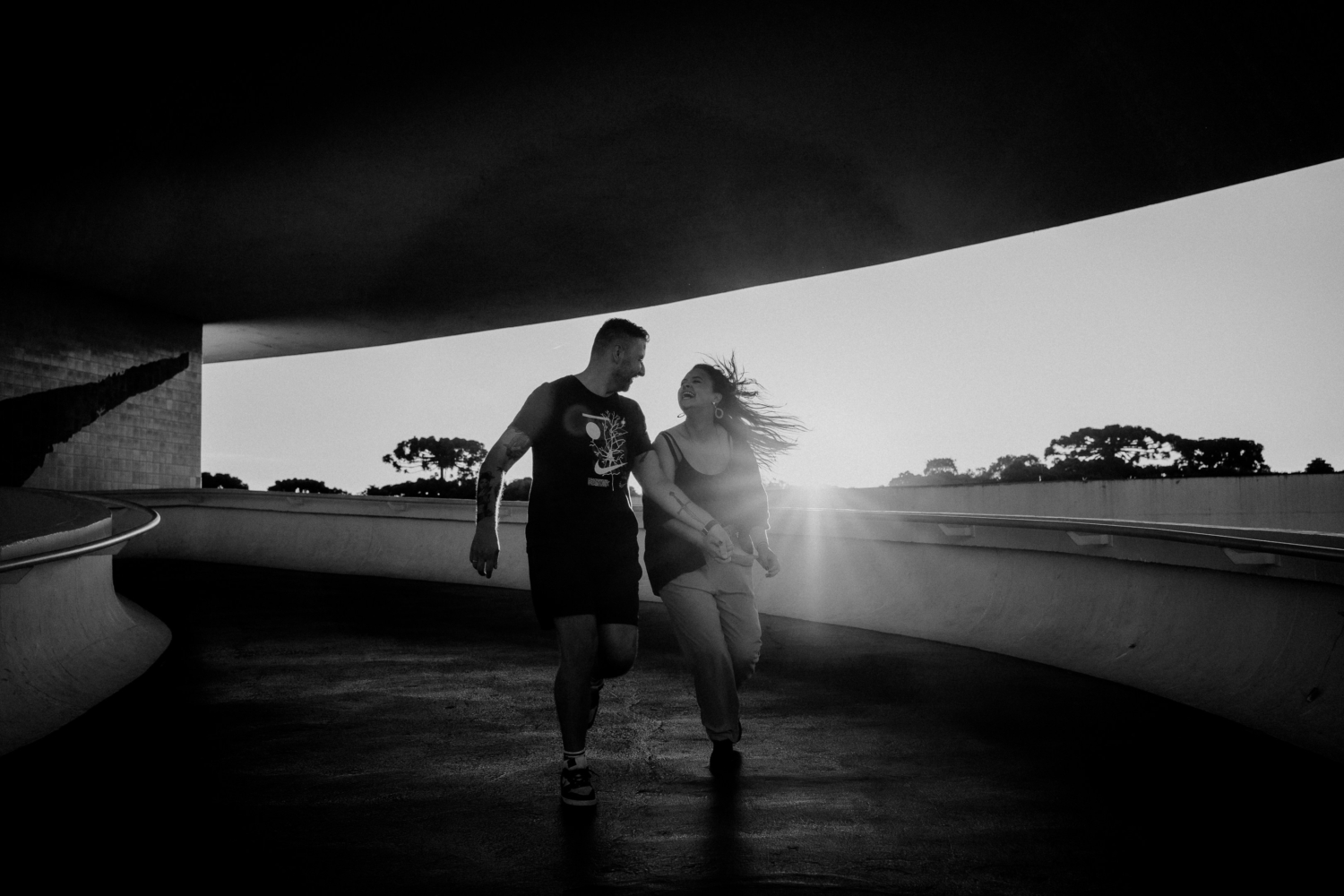
Support systems are the cornerstone of recovery, providing individuals with the foundation they need to overcome challenges and achieve lasting sobriety. Within this framework, Couples Rehab emerges as a beacon of hope, offering specialized programs designed to address addiction within relationships. This article explores the significance of support systems in the journey to recovery, highlighting the pivotal role played by Couples Rehab in fostering strong networks of support for couples battling addiction.
Addiction Treatment for Couples
- Understanding the Importance of Support Systems: Support systems encompass a network of individuals, including family, friends, peers, and professionals, who offer encouragement, guidance, and accountability to individuals in recovery. These networks provide emotional, practical, and psychological support, helping individuals navigate the complexities of addiction and maintain their commitment to sobriety. Research has consistently shown that strong support systems are correlated with improved treatment outcomes and reduced rates of relapse.
- Challenges Faced by Couples Battling Addiction: Addiction can have a profound impact on romantic relationships, often exacerbating existing conflicts and creating new challenges. Couples struggling with addiction may face issues such as communication breakdowns, trust issues, and codependency dynamics. Without effective intervention, these challenges can perpetuate the cycle of addiction and hinder the recovery process for both partners.
- The Role of Couples Rehab in Building Support Systems: Couples Rehab recognizes the unique needs of couples grappling with addiction and offers specialized programs tailored to address these challenges. Through a combination of individual therapy, couples counseling, and group support sessions, Couples Rehab facilitates open communication, fosters mutual understanding, and strengthens the bond between partners. By addressing addiction within the context of the relationship, Couples Rehab empowers couples to support each other’s recovery journey and rebuild healthy, fulfilling lives together.
- Individualized Treatment Plans: At Couples Rehab, treatment plans on Orange County are customized to meet the specific needs and circumstances of each couple. Experienced clinicians conduct comprehensive assessments to identify underlying issues contributing to addiction, such as trauma, mental health disorders, or relational conflicts. Based on these assessments, personalized treatment plans are developed, incorporating evidence-based therapies, holistic interventions, and relapse prevention strategies. By tailoring treatment to the unique needs of each couple, Couples Rehab maximizes the effectiveness of the recovery process.
- Family Involvement and Education: In addition to supporting the couple’s relationship, Couples Rehab recognizes the importance of involving family members in the recovery process. Family therapy sessions are offered to address family dynamics, enhance communication skills, and promote healing within the family unit. Moreover, educational workshops and support groups provide family members with valuable insights into addiction, enabling them to offer informed support to their loved ones and participate actively in the recovery journey.

- Aftercare Planning and Continued Support: Recovery is a lifelong journey, and ongoing support is essential for maintaining sobriety beyond the initial treatment phase. Couples Rehab prioritizes aftercare planning, ensuring that couples have access to resources and support systems to sustain their recovery long after leaving the program. This may include referrals to community-based support groups, alumni services, sober living arrangements, and continued therapy. By fostering a seamless transition from treatment to aftercare, Couples Rehab equips couples with the tools and support they need to navigate the challenges of recovery successfully.
- Building Resilience and Coping Skills: Central to the mission of Couples Rehab is the cultivation of resilience and coping skills that empower couples to face life’s challenges without resorting to substance use. Through experiential therapies, mindfulness practices, and skills-building exercises, couples learn healthy coping mechanisms, stress management techniques, and strategies for conflict resolution. By strengthening their resilience, couples are better equipped to navigate triggers, manage cravings, and overcome obstacles on the path to long-term sobriety.
- Community Support and Peer Networks: Beyond the confines of the treatment facility, Couples Rehab encourages couples to engage with community support networks and peer recovery groups. These networks provide ongoing encouragement, camaraderie, and accountability, fostering a sense of belonging and connection that is instrumental in maintaining sobriety. By actively participating in community-based activities and support groups, couples expand their support systems and draw strength from the shared experiences of others in recovery.
- Celebrating Milestones and Achievements: Alongside the challenges of recovery, Couples Rehab emphasizes the importance of celebrating milestones and achievements, both big and small. Whether it’s reaching a certain number of days sober, achieving personal goals, or strengthening their relationship, couples are encouraged to acknowledge and celebrate their progress. These moments of celebration serve as reminders of the rewards of sobriety and inspire couples to stay committed to their journey of healing and growth.
Contact us for Help
In the journey to recovery, support systems are invaluable resources that provide strength, encouragement, and hope. For couples battling addiction, the support offered by Couples Rehab is a lifeline that helps them navigate the complexities of addiction and rebuild their lives together. Through personalized treatment, family involvement, aftercare planning, and community support, contact Couples Rehab today for the tools and support you need to overcome obstacles, cultivate resilience, and achieve lasting sobriety. As couples embark on this transformative journey, they find solace in the knowledge that they are not alone, but rather part of a network of support that is committed to their healing and well-being.
FAQ’s
1. What is a support system, and why is it important in addiction recovery?
A support system is a network of individuals, including friends, family, peers, and professionals, who provide encouragement, guidance, and assistance during addiction recovery. Building a strong support system is crucial as it offers accountability, understanding, and a sense of belonging, which are essential for maintaining sobriety.
2. How can I build a strong support system during addiction recovery at Couples Rehab?
Building a strong support system during addiction recovery at Couples Rehab involves identifying trustworthy individuals who are committed to your well-being and sobriety. This may include your partner, family members, sober friends, support group members, and therapists at the rehab center.
3. What role does my partner play in my support system during addiction recovery?
Your partner plays a vital role in your support system during addiction recovery by providing unwavering encouragement, understanding, and accountability. Together, you can navigate challenges, celebrate successes, and strengthen your bond through shared commitment to sobriety.
4. Can I rely solely on my partner for support during addiction recovery?
While your partner can be an invaluable source of support during addiction recovery, it’s essential to diversify your support system to include other individuals and resources. This ensures you have multiple sources of encouragement and assistance, reducing the risk of overwhelming your partner and fostering a more robust support network.
5. What are some other components of a strong support system besides my partner?
Besides your partner, other components of a strong support system may include family members, sober friends, support group peers, therapists, sponsors, and community resources such as sober living facilities, recreational groups, and spiritual or faith-based organizations.
6. How can I strengthen my support system outside of Couples Rehab?
To strengthen your support system outside of Couples Rehab, consider attending support group meetings, participating in sober activities and events, maintaining open communication with loved ones, and seeking guidance from therapists or counselors. Engaging with supportive communities and resources reinforces your commitment to sobriety.


